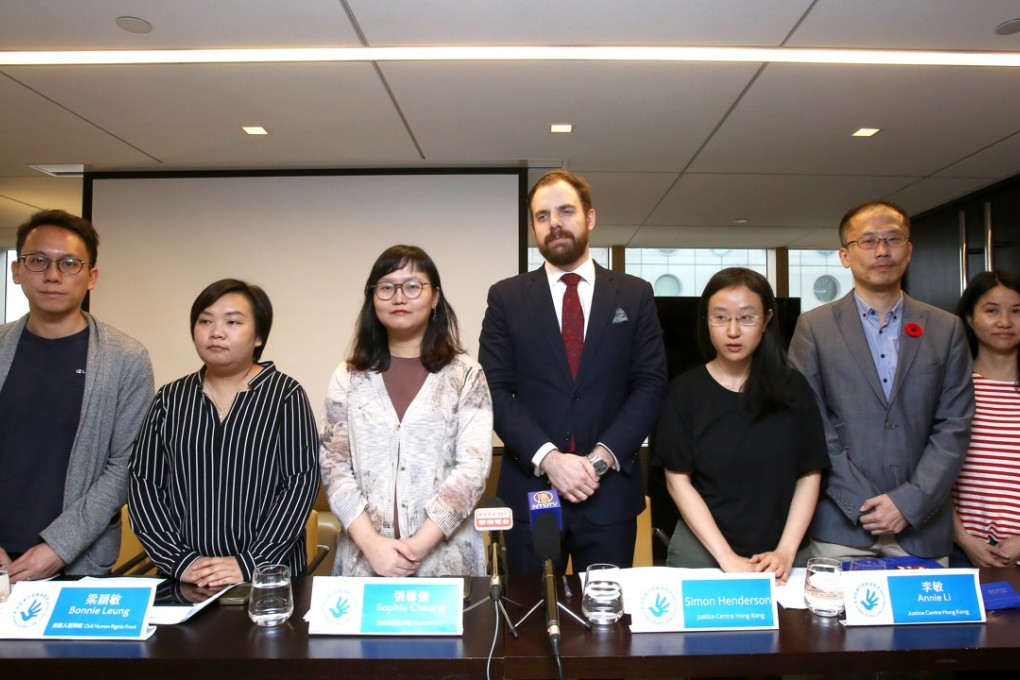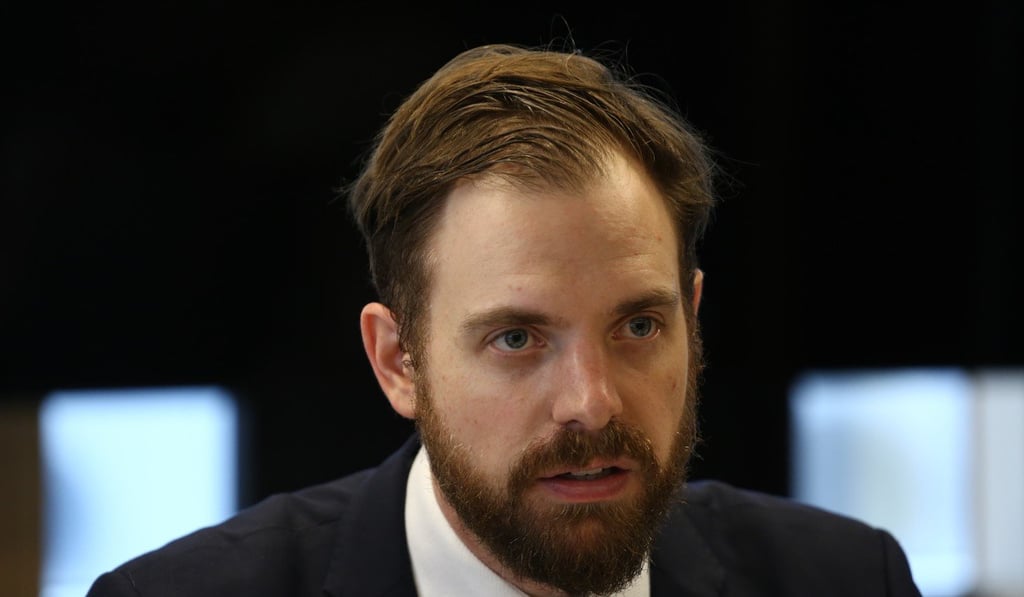In a UN first, Hong Kong’s human rights situation singled out from China’s, with city’s global reputation at stake, 45 civil society groups say
- Specific recommendations from member states Britain, France, Canada and Australia urge national and local officials to uphold rights and freedoms in city

In a first, UN member states have singled out Hong Kong’s human rights situation from that of China’s with specific recommendations, elevating scrutiny of the city and placing its international reputation on the line, an alliance of 45 civil society groups said on Wednesday.
“We are now witnessing a substantial shift in foreign policy towards Hong Kong by the international community,” UPR Coalition spokesman Simon Henderson said, noting the worsening situation had “clearly harmed” the city’s international reputation and amid persistent denials by senior government officials.
Henderson added the warning sent “a strong signal” to Hong Kong officials that they needed to “change course”.

It was the first time that any major UN member states had brought up specific recommendations targeting the city during the council’s five-year review process, according to the coalition.